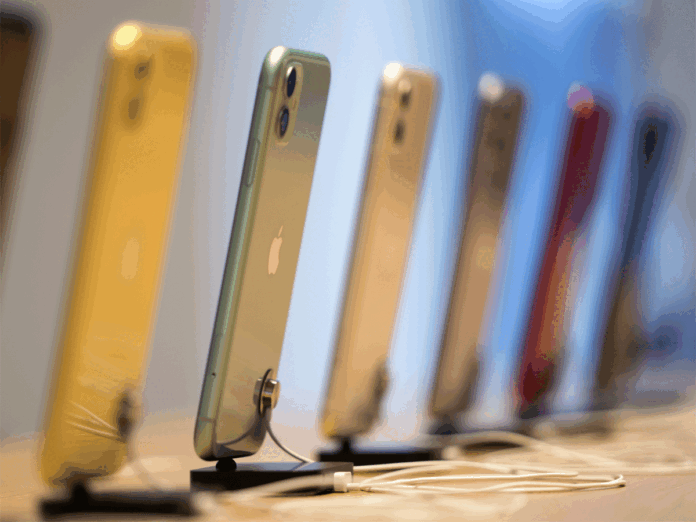Apple is making a new move to protect its bottom line, confirming that the US iPhone supply shifts to India amid growing concerns over US-China trade tensions and rising tariffs that could cost the tech giant nearly $900 million this quarter.
In an earnings call that exceeded Wall Street expectations, CEO Tim Cook laid out Apple’s new strategy: shift more iPhone production away from China and toward India to avoid future disruptions.
Despite turning a strong profit of $24.8 billion in the last quarter, Apple is feeling the heat from Washington’s tariff policies. While many finished Apple products like the iPhone are currently exempt from the harshest penalties, major components still face duties—making production increasingly costly. Cook warned that the evolving nature of global tariffs means Apple cannot predict how bad things might get before the quarter ends.
This isn’t just a short-term fix. For Apple, India is becoming a cornerstone of its future manufacturing strategy. Cook revealed that “a majority of iPhones sold in the US” will soon be stamped “Made in India,” highlighting how Apple is rethinking its global operations. With China and the US locked in a tit-for-tat trade battle, Apple is one of many global firms trying to reduce dependence on Chinese factories.
Experts say the strategy makes sense. By shifting US-bound production to India and iPads, Macs, and AirPods to Vietnam, Apple is spreading risk. Still, the move comes with challenges—building new supply chains, managing logistics, and ensuring quality control in new markets all take time and investment. Independent tech analysts note that the more components travel across borders, the more those hidden costs pile up, potentially hitting consumers in the end.
The change is also a sign of how Apple has learned from past over-dependence on a single country for manufacturing. While China will continue to produce most Apple products for non-US markets, the US iPhone supply shifts to India marks a turning point in Apple’s global strategy—a sign that resilience and flexibility now matter as much as innovation.
Read more: Trump Tariffs Could Triple iPhone Price in Pakistan, Say Analysts


























